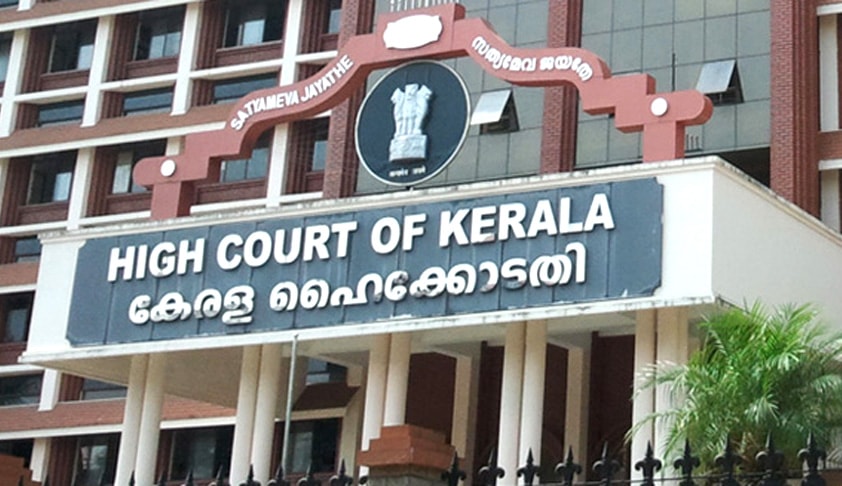Next Story
3 Jan 2017 8:19 PM IST
The year 2016 is very much significant to the High Court of Kerala as it marked the 60th year of establishment of the court.The High Court of Kerala was formed as a result of integration of princely states of Travancore-Cochin with Malabar district and present day Kasaragod (then a part of Madras Presidency), with effect from 1st November 1956.In 2016, the high court reached its highest...

